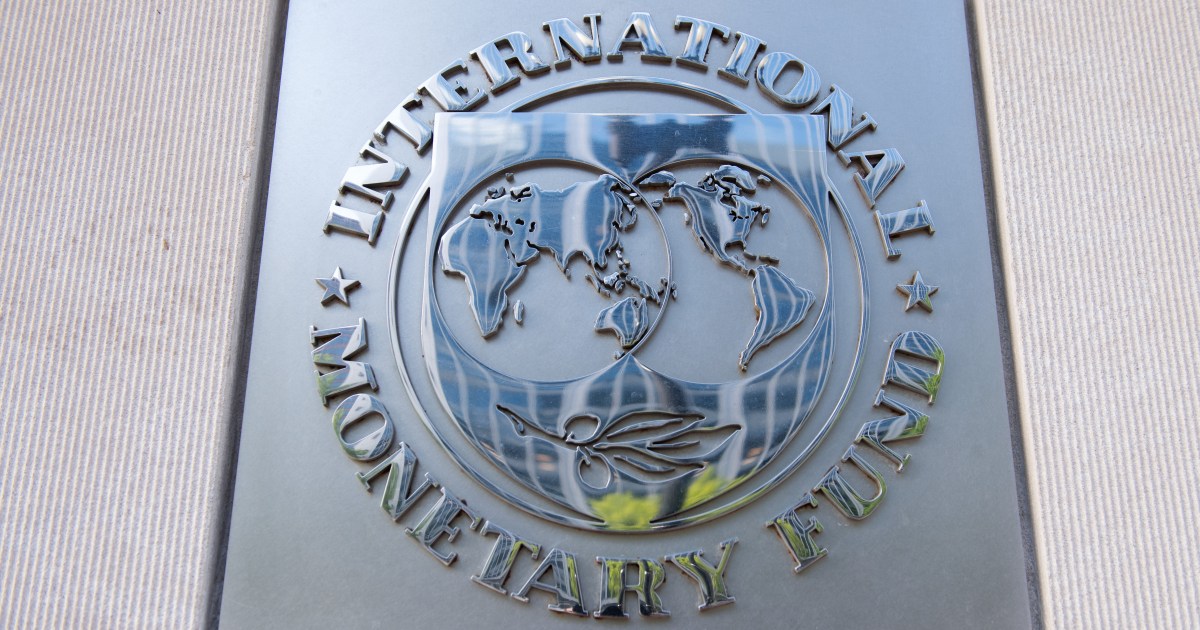The International Monetary Fund urged Tunisia - Friday - to reduce the wage bill and reduce energy subsidies to reduce the fiscal deficit, which puts more pressure on the fragile government, at a time when the country is suffering from a severe financial and political crisis.
With the spread of the Covid-19 pandemic and internal political conflict between the main players, continuous protests have rocked Tunisia since last month, due to social inequality and the demand for jobs.
The country is experiencing unprecedented economic hardship, with a fiscal deficit of 11.5% of GDP in 2020, and an economic contraction of 8.8% last year.
The fund expects that Tunisia's GDP growth will recover to 3.8% in 2021, as the Corona pandemic begins to recede.
The International Monetary Fund said in a statement that monetary policy should focus on inflation by directing short-term interest rates, while maintaining exchange rate flexibility.
Tunisia's 2021 budget expects borrowing to reach $ 7.2 billion, including about $ 5 billion in external loans.
The payment of debts due this year is estimated at 16 billion dinars (about $ 5.9 billion), up from 11 billion dinars (about $ 4 billion) in 2020.
The International Monetary Fund says the public sector wage bill is around 17.6% of GDP, among the highest in the world.

